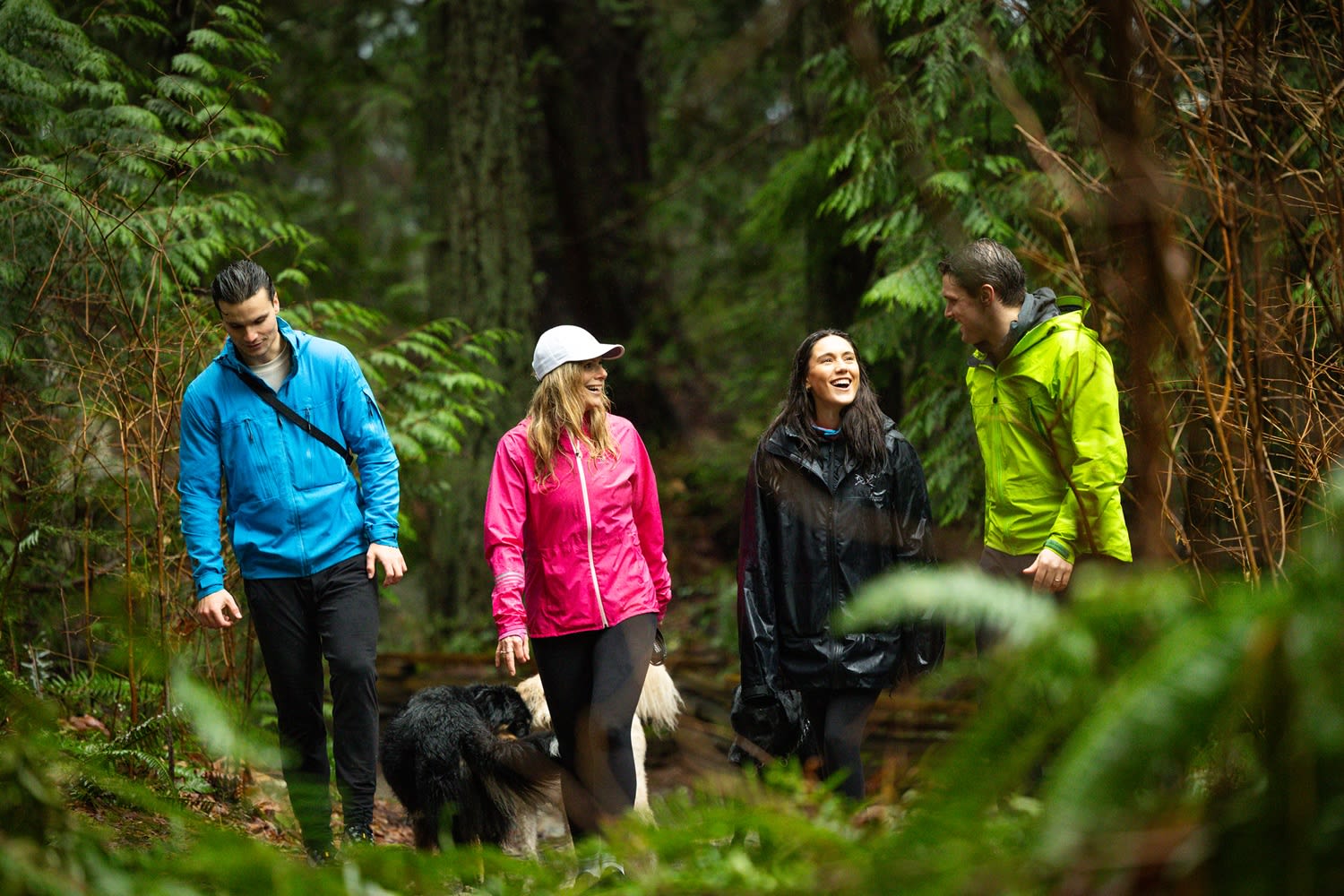As we have discussed, survivors of childhood cancers have ongoing, long-term health problems known as late effects. As a result, they have special health care and screening needs.
Recall program in progress
At the LEAF clinic, we’re organizing a “recall” program where we try to reconnect with cancer survivors who were treated in childhood and are lost to follow-up (this means that they may not have been seen for many years to check on how their health is). We want to make sure that survivors at high risk of late effects, such as heart disease, high blood pressure, second cancers and anxiety or depression get the necessary health care and screening.
The goal is to take a proactive approach to care and better serve these patients, who may not otherwise know about their health risks.
So far, we have found previously unrecognized health problems such as new tumors (for example, meningioma, thyroid cancer and breast cancer), heart problems and endocrine disorders in survivors of childhood cancers, underscoring the importance of this program.
As a result, the LEAF clinic has become a core clinical program at BC Cancer, providing much needed expertise in survivorship care and the management of late effects for childhood cancer survivors in our province.
Enhancing survivorship care with donor support
Donor funds are essential to this work and, in partnership with the BC Cancer Foundation, we are seeking ways to expand care for survivors of childhood and young adult cancers.
For the former group, we are hoping to expand the LEAF clinic to other parts of the province outside of Vancouver. Currently, we see childhood cancer survivors who live remotely by using video link (via telehealth), but we hope in the future to be able to provide community based care closer to home.
And for the latter, the BC Cancer Foundation is actively fundraising to establish a comprehensive care program for adolescents and young adults facing cancer.
Expanding care for adolescants and young adults
Adolescent and young adult (AYA) refers to patients aged between 15 and 39 years old, and over the past 5-10 years, it has become evident that this age group also face significant challenges during their treatment, as well as a higher risk for long-term health problems.
A care program specifically for this age group would help tremendously in enhancing their quality of life and long-term health.
Currently, I am collaborating with colleagues to evaluate late effects in this age group and involved in ongoing clinical research.
More specifically, I am now working with members of the BC Cancer head and neck team and Dr. Sarah Hamilton (head and neck radiation oncologist) to assess late effects in survivors of AYA head and neck cancers. A philanthropic donation made this possible.
We are recalling survivors of AYA head and neck cancers to assess their health, risk of late effects and find out about their survivorship experience in the community. These patients will be assessed clinically and we will screen for previously unrecognized health problems. In addition, we will capture quality of life measurements, patient reported outcomes and experience measures.
With support from the Porte/Hungerford fund, I am working with other clinicians to recall AYA survivors of central nervous system tumours. Lastly, AYA survivors of sarcoma tumours will be recalled as part of this AYA research series.
It is our hope that this work will result in better and more informed community care for these patients as well as generating new knowledge about the extent of health problems in this group of survivors.
Until next week,
Karen


